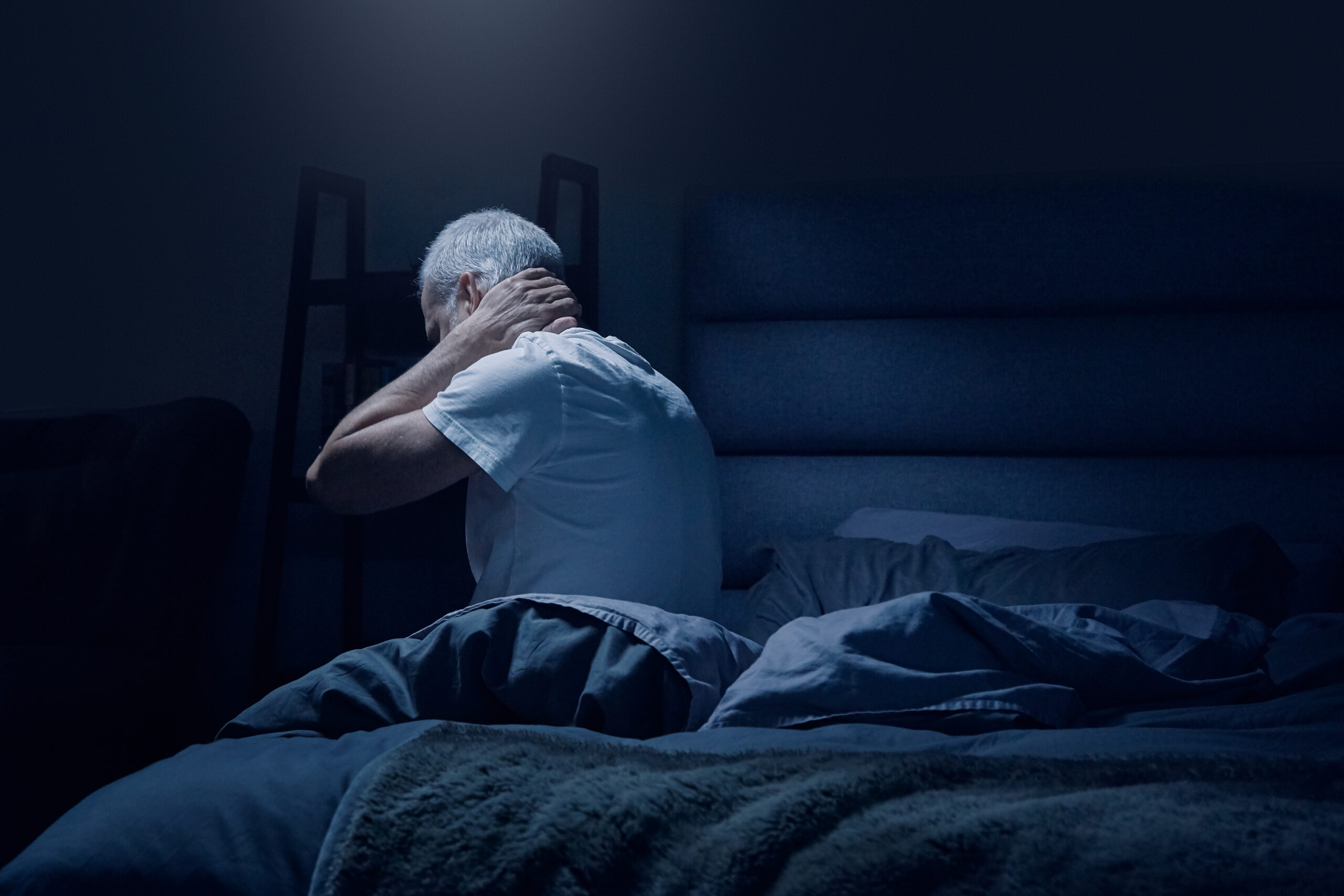
We always like to think that the places where we spend our time regularly are safe places – where we can live our lives without having to worry about harassment.
Unfortunately, that isn’t always the case.
In Australia, the Australian Human Rights Commission estimates one-in-four women, and roughly one-in-six men experience some form of sexual harassment at work – this is not okay!
Worse than the harassment itself, new research demonstrates people who have experienced sexual harassment at work are at heightened risk of developing depressive symptoms, the risks of which vary depending on the source of sexual harassment.
According to a Danish study published in BMC Public Health in September 2017, depression due to sexual harassment is more severe when experienced by supervisors and colleagues, rather than when individuals experience harassment from their clients or customers.
The study, which involved 7,603 employees from 1,041 different organisations across Denmark, examined the links between sexual harassment experienced at work and one’s likelihood of developing depressive symptoms.
Study participants responded to two surveys: a survey regarding sexual harassment in the work place and the Major Depression Inventory (MDI). The MDI is a self-report questionnaire that generates a diagnosis of depression and gives an estimate of the severity of the symptoms. Scores over 20 on the MDI are for minor depression, while scores exceeding 30 or more are for major depression.
Of the 7,603 employee study participants, 180 (2.4 per cent) were exposed to sexual harassment by their clients or customers, while 79 (1.0 per cent) were exposed to harassment by their co-workers.
The researchers also found that compared to those employees who were not exposed to sexual harassment, employees harassed by clients or customers scored 2.05 points higher on the MDI. Individuals harassed by a colleague, supervisor or subordinate scored 2.45 points higher compared to employees who witnessed sexual harassment by their clients or customers.
Study author, Dr. Ida Elisabeth Huitfeldt Madsen, said she was surprised by the findings with regard to how different forms of sexual harassment were linked to different types of mental illness.
“We were surprised to see the differences between the effects of harassment by clients or customers, compared to harassment by other employees. This is not something that has been shown before. Previous research showed an increased risk of long-term sickness absence for employees exposed to sexual harassment by a colleague, supervisor or subordinate, but an increased risk was not always found in association with sexual harassment by clients or customers,” said Dr Madsen.
“Our findings suggest that sexual harassment from clients or customers has adverse consequences and should not be normalised or ignored. In this study we found that sexual harassment from clients or customers, which is more prevalent than harassment from other employees, is associated with an increased level of depressive symptoms. This is important as some workplaces … may have an attitude that dealing with sexual harassment by clients or customers is ‘part of the job’.”
Researchers also found that women were more likely to be exposed to harassment than men, with 169 out of 4,116 women reporting sexual harassment by clients or customers, compared to 11 out of 3,487 men, and 48 women reporting sexual harassment by colleagues, compared to 31 men.
These figures reflect previous research which revealed Australian women are more likely to be exposed to sexual harassment than their male counterparts.
So, ladies, what does this mean for us?
We’re more likely to be sexually harassed at work, and regardless of who is responsible for the harassment, it heightens our risk of developing depression. It is not something that should just been seen as ‘part of the job’. So speak to your employer about setting up guidelines on preventative ways to deal with sexual harassment.
We have enough on our plate at work, let alone having to deal with mental health issues due to sexual harassment.
If you’re experiencing sexual harassment at work, talk to someone who can help mitigate your chance of developing a long-lasting mental health problem.



